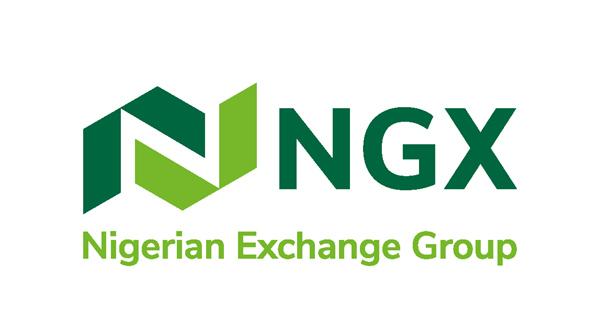By Nkiruka Nnorom
Stock investors gained N4.414 trillion in March as the Nigerian Exchange, NGX ended the month on a positive note despite the disappointing full year performance of some companies and interest rate hike by the Central Bank of Nigeria, CBN.
The improved performance of the stock market followed the turbulence in foreign exchange (FX) market and consequent migration of assets to a more profitable asset class during the month.
Specifically, the market capitalisation of all listed equities on the NGX surged to N59.121 trillion from N54.707 trillion at the beginning of the month, representing an 8.1 percent increase, driven by the listing of Transcorp Power Plc at the beginning of the month.
7.5 billion Shares of Transcorp Power Plc was admitted on March 4, 2024 to the official list of the Nigerian Exchange Limited (NGX). The listing boosted the NGX equities capitalisation by N1.8 trillion.
Similarly, the All Share Index (ASI) advanced 4.6 percent to 104,562.06 points, from 99,980.30 points, thereby raising the Year-to-Date (YtD) returns to 39.8 percent.
Further analysis of the trading activities within the month shows that the banking sector recorded the biggest returns, rising by 18.1 percent, followed by the insurance sector by 9.2 percent, while the industrial goods and oil and gas sector advanced by 2.6 percent and 0.2 percent respectively.
Meanwhile, the consumer goods sector emerged the lone loser with 1.2 percent decline.
Commenting on the performance of the stock market, David Adonri, Vice Chairman, Highcap Securities, attributed the rally to investors’ reaction to some economy-wide reforms, excess liquidity in the financial system and turbulence in the FX market, which caused financial assets to seek safe and profitable haven.
He, however, said that the second quarter (Q2’24) may not be as promising as the recent increases in the Monetary Policy Rate (MPR), the benchmark for interest rates, and the proposed banking sector capitalisation could impact negatively on the market.
He said: “The factors that propelled equities in Q1 may not be present in Q2. The migration of financial assets to debt which has increased, due to recent escalation of MPR, together with the proposed recapitalization of banks may eventually halt the rally in equities that has persisted since last year, in Q2 2024. The earning season is almost over for the release of full year results by a few major banks. Related NewsNigeria records second electricity system collapse in 2024Anambra woman loses pregnancy in police custodyMan arrested for allegedly beating wife to death
“Consequently, expectation of corporate distributions may no longer serve as impetus for further rally. With the secondary market for equities experiencing overheating, activities are expected to shift to the primary market henceforth.”
Also commenting, Uche Uwaleke, Professor of Finance and Capital Market, said: “A combination of factors including favourable crude oil price, corporate results and relative lower yields in the fixed income market contributed to the rally.
For Q2’24, Uwaleke said: “Investors’ sentiment in the equities market is likely to dip in April on account of rising inflation and higher yields from risk-free government securities as Investors migrate to fixed income.”
